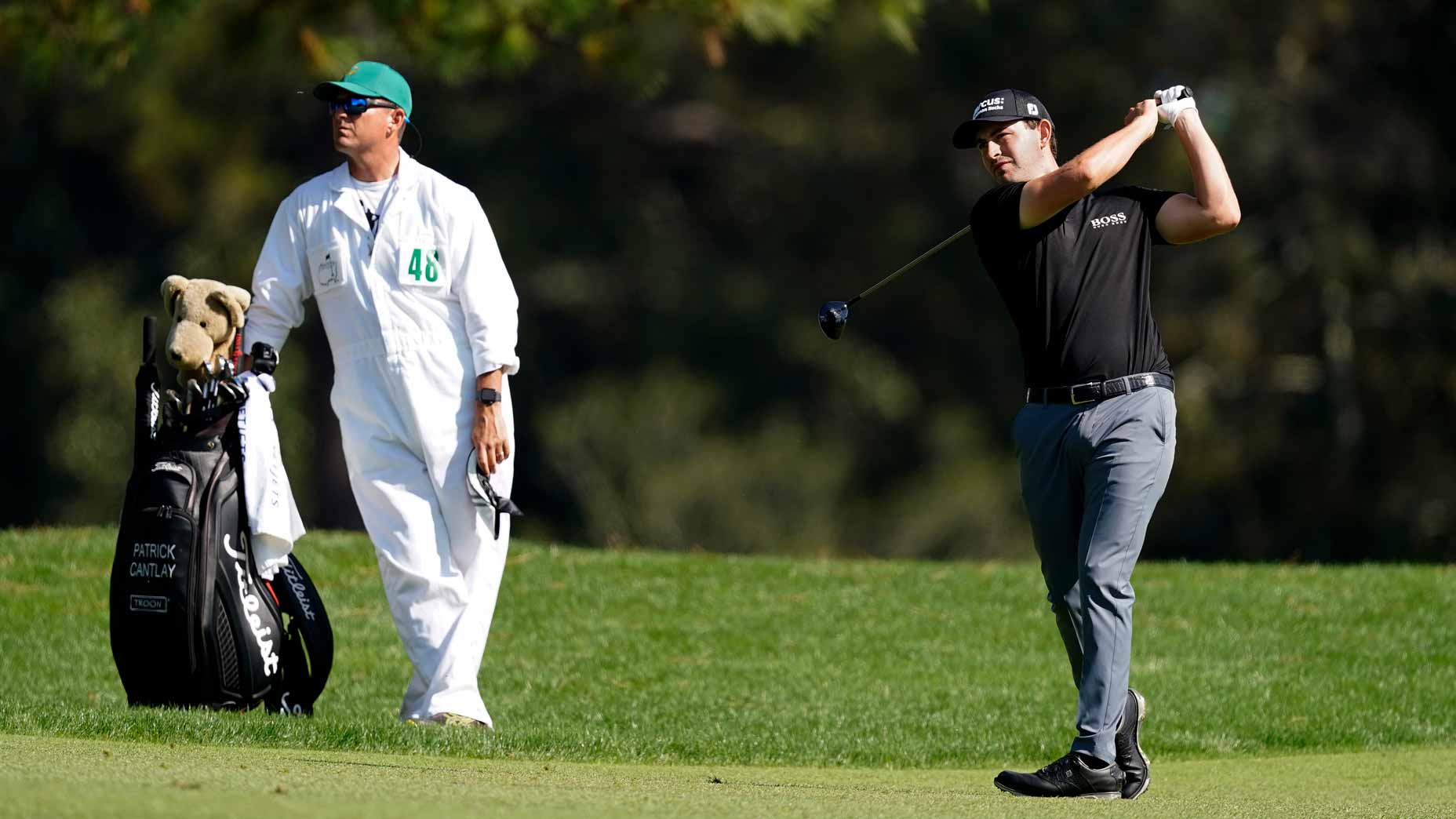Golf Logo
Inside Patrick Cantlay’s plan to attack Augusta National
SHARE
- Share on Facebook
- Share on Twitter
- Share by Email
InsideGOLF: +$140 value for $39.99
Join Today
Patrick Cantlay is preparing for his sixth appearance at the Masters.
Getty Images
Augusta National is the kind of course that takes time to get used to.
I’ve drawn a lot from my friend Fred Couples. I try to pay attention to the little things: why players play certain shots or how they see certain holes. Fred instinctively picks the right shot more than other people. When he decides which club to pick, he’s always thinking about leaving himself in a decent spot if he misses, and he knows when to back off.
Another top player is joining Rory McIlroy in PGA Tour administrationBy: Sean Zak
I’ve tried to learn from the few rounds I’ve played at Augusta with Fred and see the course in my own way. It’s a series of red, yellow and green lights. Yellow lights are pins you could attack if you need to or are feeling especially hot that day. There aren’t as many yellow lights out there as red or green.
When you do get on a red hole location, which would be like a back-left hole location on the 6th, you have to ignore thinking birdie, especially if conditions are firm. In a strange way, it frees you up to aim for the bottom-left section and leaves you an uphill 40-footer. Ordinarily, I wouldn’t be too happy leaving myself a 40-footer, but when you’re trying to hit the ball to 40 feet you can be more positive. That’s exactly where you’re supposed to be. That’s the correct spot, and, who knows, you could make the 40-footer!
Green-light hole locations are the ones where you can take either dead aim or try to funnel it in. The back-left Sunday pin position on No. 16 is a good example. You need to hit a good shot— and, if you do, you’ll be rewarded with a great look at a birdie.
Six-time Tour winner Patrick Cantlay finished T-9 at the 2019 Masters.

Golf.com Photographer